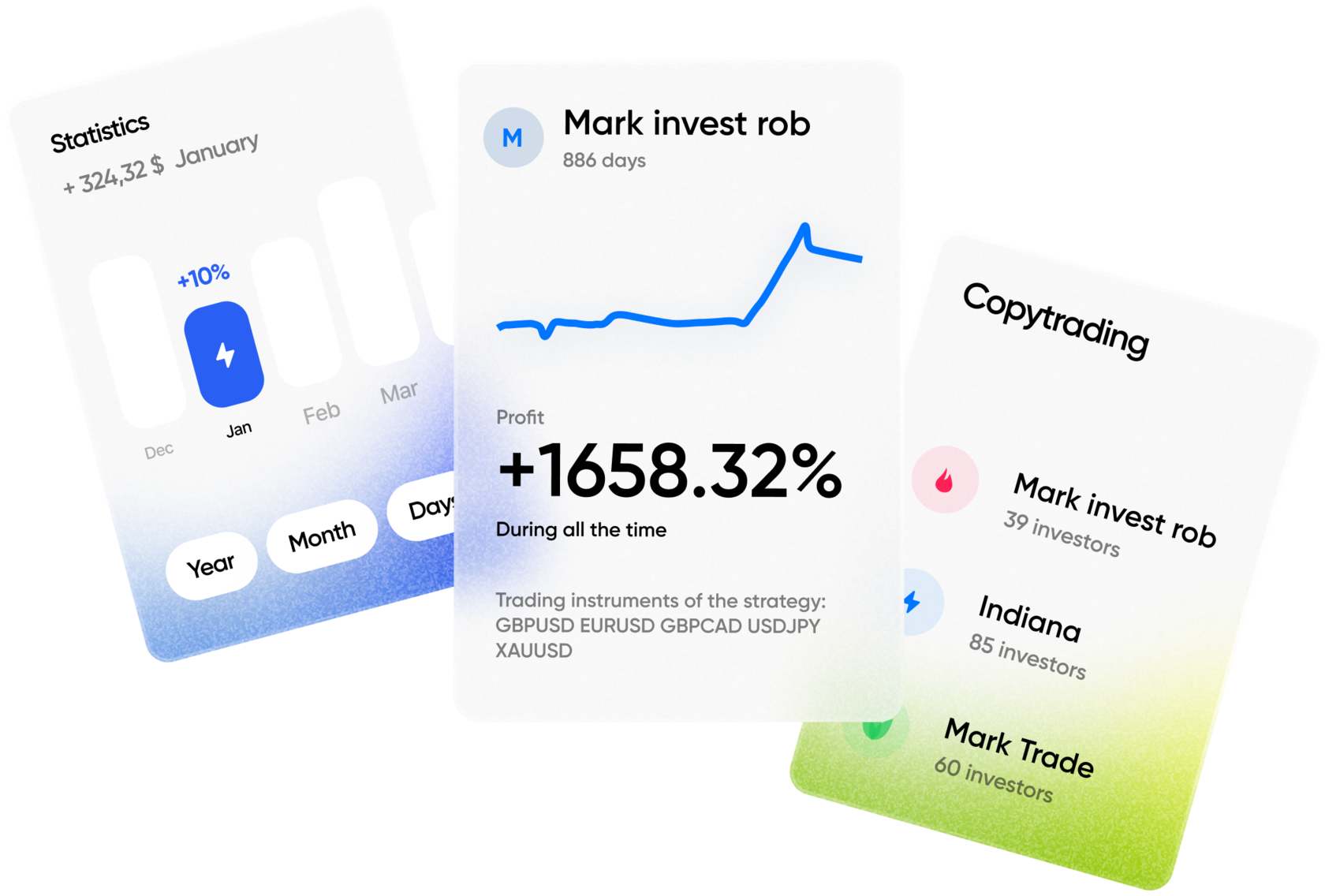U.S. stock markets declined significantly on Wednesday, April 16, 2025, as renewed trade tensions between the United States and China weighed heavily on investor sentiment. The U.S. dollar continued its downward trend, while gold prices soared to a new all-time high. The market reaction followed a new wave of regulatory measures targeting advanced technology exports to China, particularly artificial intelligence (AI) chips.
According to a report by Reuters, the U.S. government announced tighter restrictions on the export of high-performance semiconductors to China. Under the new rules, American companies will now need to apply for special export licenses to sell advanced chips such as Nvidia’s H20 and AMD’s MI308 models to Chinese customers. These chips are critical for powering AI systems and data-intensive applications. The announcement is part of Washington’s broader effort to limit China’s access to cutting-edge U.S. technology, citing national security concerns and the need to preserve American leadership in strategic industries.
Nvidia Warns of Financial Impact, Tech Stocks Suffer Losses
Following the announcement, Nvidia issued a statement warning that the new restrictions could result in an estimated loss of $5.5 billion in potential revenue. This figure represents a significant portion of its projected sales for the year. The warning triggered a sharp sell-off in the company’s shares, which plunged by 7% during the trading session. Other semiconductor and tech-related stocks were also negatively affected, as the market digested the potential for escalating trade conflict and reduced global demand for U.S.-made chips.
The Philadelphia Semiconductor Index, which tracks leading chipmakers, fell more than 4%, reflecting broader concerns across the sector. AMD shares declined by nearly 5%, while companies with exposure to the Chinese market, including Intel and Qualcomm, also saw significant losses.
Gold Surges Past $3,300 Amid Dollar Weakness and Recession Fears
As equities dropped and uncertainty increased, investors turned to safe-haven assets. Gold prices surged to a record-breaking $3,309 per troy ounce, surpassing the $3,300 mark for the first time in history. This marks a dramatic rise in the value of the precious metal, which has gained nearly 20% year-to-date. Analysts attribute the rally to a combination of factors, including the continued depreciation of the U.S. dollar, rising fears of a global recession, and increasing geopolitical tensions.
“The weakness of the dollar, uncertainty over newly announced tariff plans, and growing concerns about a global economic slowdown are providing strong support for gold,” said Lukman Otunuga, Senior Market Analyst at FXTM, in a comment to the press. The gold market has also been buoyed by central banks’ continued purchases of bullion and elevated demand from institutional investors seeking protection against market volatility.
U.S. Retail Sales Jump as Consumers Accelerate Car Purchases
Despite concerns over trade and inflation, fresh economic data released by the U.S. Department of Commerce showed that retail sales in the U.S. rose sharply in March, surprising analysts. The surge was largely driven by a spike in automobile sales, as consumers rushed to make purchases ahead of anticipated tariff increases on imported vehicles and parts. The data indicated that car dealerships across the country saw double-digit sales growth compared to February, as buyers moved quickly in response to news about possible policy changes.
However, the report also noted that spending on non-essential goods and services remained subdued, as households continue to face economic uncertainty. Inflation pressures, higher interest rates, and ongoing concerns about the broader economic outlook have made American consumers more cautious in their discretionary spending. Economists caution that if trade tensions escalate further, the positive trend in consumer spending could reverse.
Outlook: Markets Brace for Volatility Amid Policy Uncertainty
Looking ahead, investors are closely monitoring any new announcements from the Biden and Trump administrations regarding trade policy, tariffs, and foreign investment controls. The sudden imposition of licensing requirements for chip exports has raised fears of retaliation from Beijing, which could impose its own restrictions or increase duties on American goods.
Meanwhile, analysts warn that persistent inflation and tighter financial conditions may prevent the Federal Reserve from easing monetary policy in the short term, despite rising calls for stimulus amid signs of slowing global growth. As a result, financial markets may continue to experience heightened volatility in the coming weeks.
The combination of trade policy shocks, currency fluctuations, and commodity price surges is reshaping global investment strategies. Safe-haven assets like gold are expected to remain strong, while export-dependent sectors could face more headwinds. For now, uncertainty dominates market outlooks, with traders and policymakers alike navigating a complex and rapidly evolving global economic landscape.







